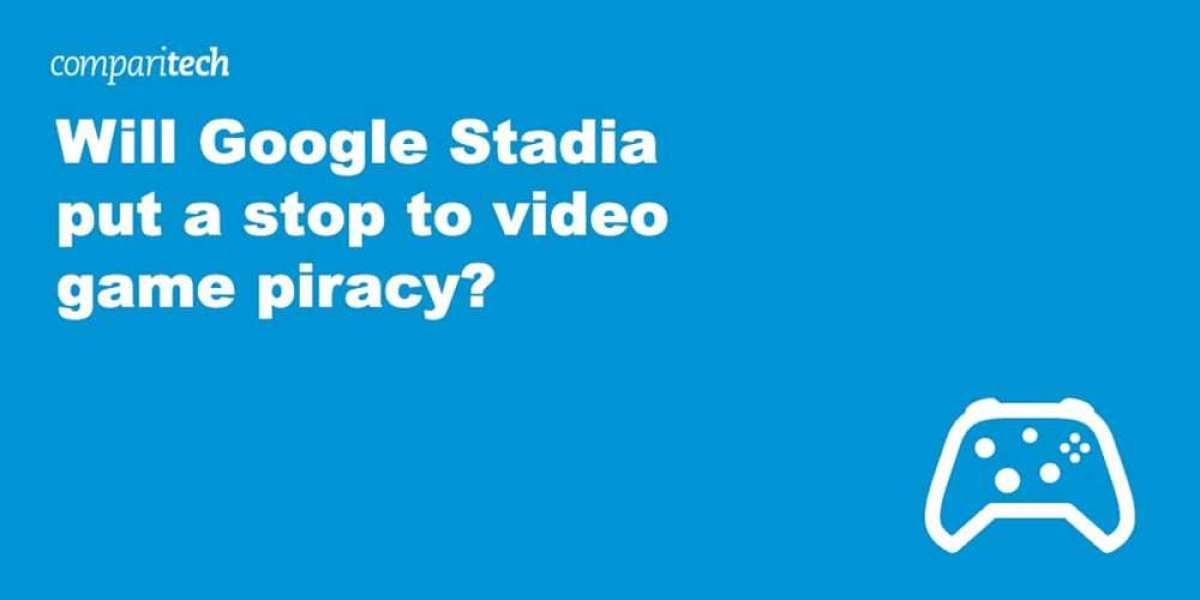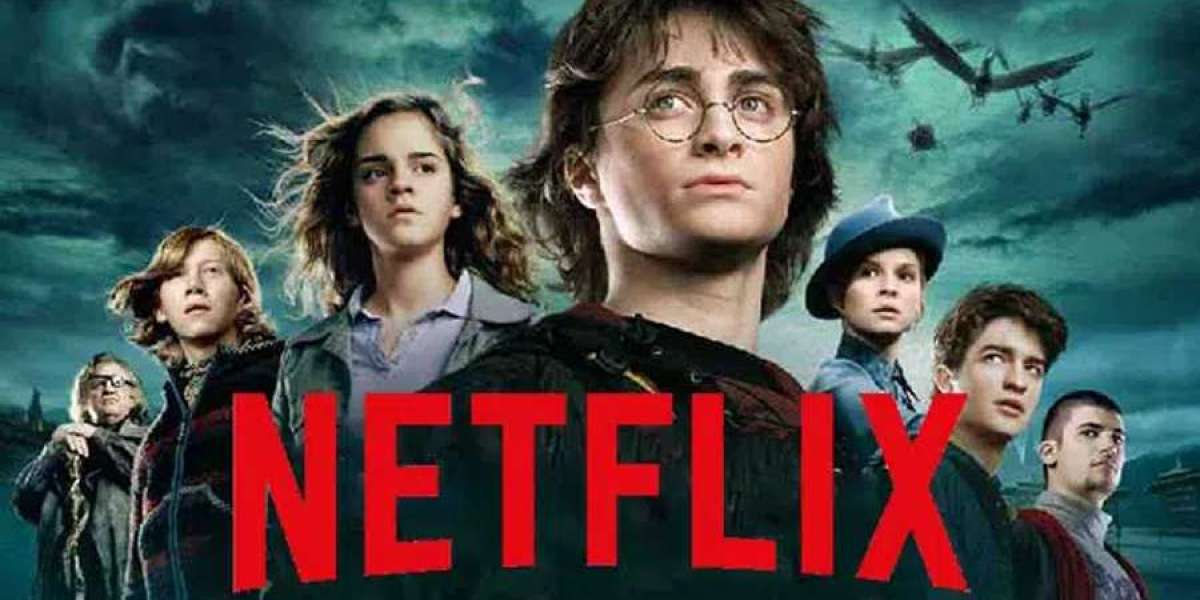Cloud Gaming and Game Piracy
The rise of cloud gaming platforms like Google Stadia has sparked debates about their potential to reshape—or even eradicate—video game piracy. Unlike traditional downloads or physical copies, these services store games on remote servers, streaming only audiovisual output to devices while sending control inputs back. This architecture creates a fundamental barrier: pirates can’t directly access game files, which remain locked behind corporate firewalls.
For decades, piracy thrived on the ability to copy and distribute game code. Cloud gaming disrupts this model by decoupling gameplay from local hardware. Even if a user records screen output, they’d capture only a video feed, not the executable software. To pirate a title, hackers would need to breach heavily guarded servers operated by tech giants—a feat far more complex than cracking DRM on a PC or console.
While subscription-based streaming lowers upfront costs for gamers—no $60 purchases or high-end PCs required—it also shifts ownership paradigms. Players trade control over their libraries for convenience, relying on stable internet connections and corporate policies. Critics argue this could lead to games vanishing if services shut down, but proponents highlight accessibility gains for casual players and reduced hardware barriers.
Piracy communities openly acknowledge the threat. On forums like r/Piracy, users speculate about workarounds, such as AI-driven code reconstruction from streams, but most concede these are theoretical. Meanwhile, companies like Microsoft and Google invest in military-grade encryption and zero-trust security frameworks, making server breaches unlikely even for state-sponsored actors.
The stakes extend beyond piracy. If cloud gaming dominates, it could centralize power in the hands of platform holders, altering how games are developed, monetized, and preserved. Yet for now, the debate remains polarized: will streaming protect intellectual property, or simply trade one form of control for another?
Some individuals involved in video game piracy seem to perceive cloud-based gaming platforms as a potential end to their activities.
Cloud gaming's potential to curb unauthorized copying
faces substantial pushback from cybersecurity experts.
Cracked game files could theoretically become obsolete,
yet digital forensics teams observe emerging threats
in real-time gameplay data interception techniques.
The elimination of local installations might paradoxically
fuel demand for hacked server emulators and modified
stream-capturing tools among underground communities.
The battle against game piracy faces a potential paradigm shift
as cloud gaming platforms demand entirely new strategies from hackers.
While server-based systems like Stadia theoretically eliminate traditional piracy methods,
real-world adoption hurdles create complex challenges for both industry and users.
Technical barriers pose greater obstacles than legal ones in this transition.
Achieving stable 4K streaming requires bandwidth exceeding
what 92% of global internet users currently possess,
creating accessibility gaps that paradoxically sustain piracy demand.
Security through obscurity becomes cloud gaming's unexpected strength.
Unlike cracked DRM-protected games circulating for years,
breaching fortified server clusters presents exponentially higher risks -
both technically and legally - for would-be pirates.
Consumer expectations clash with infrastructure realities.
While 35Mbps speeds enable premium Stadia performance,
the average global fixed broadband speed stagnates at 75Mbps
with dramatic regional disparities affecting playability.
The piracy community's survival now hinges on exploiting
the very latency issues plaguing cloud adoption.
Local storage workarounds and hybrid techniques
emerge as potential countermeasures to streaming dominance.
Industry analysts observe an ironic twist -
the anti-piracy silver bullet requires solving
connectivity challenges the gaming sector alone cannot fix,
tying piracy reduction to global internet infrastructure development.
Challenges of Game Streaming
Latency, or lag, is a significant hurdle for Google Stadia and other game streaming services. In the context of online gaming, latency is the delay between pressing a button on a controller or keyboard and seeing the corresponding action on the screen. Gamers, especially those who play fast-paced shooters and MMORPGs, are particularly sensitive to this issue.
Cloud-based gaming services, which handle all processing remotely, could exacerbate latency problems. To ensure a smooth gaming experience, Google and Microsoft need to reduce latency to under 100ms, with even lower requirements for games that demand quick, skill-based movements. This might involve setting up content delivery networks (CDNs) and servers in close proximity to users. Such an extensive technical rollout could take years and limit the geographical reach of these services.
Moreover, nearly 20 million Americans, primarily in rural areas, lack access to fixed broadband with speeds of 25 Mbps. Many more have only one internet provider, raising concerns about both cost and quality. Rural residents, being far from key internet exchange points, face even greater latency challenges.
Streaming video games also consumes a substantial amount of data. For example, Google Stadia's minimum requirements use 4.5GB per hour, and 4K streaming uses 15GB per hour. Just 65 hours of gaming can exhaust a 1TB data cap, which is the monthly limit set by providers like Comcast and AT&T. This doesn't account for other household data usage, such as streaming 4K movies and HD music, or multiple family members using the service simultaneously.
Given these constraints, it's unlikely that video game piracy will be significantly impacted by streaming services in the near future. Game publishers will continue to offer digital and physical copies of games, much like the music industry still sells albums. The current state of internet infrastructure and ISP data policies make it a long shot for streaming to replace traditional ownership methods anytime soon.
Cloud Gaming Reduces Piracy
The gaming landscape's pivot to cloud-based services
could gradually undermine piracy's foothold.
As high-speed connectivity becomes ubiquitous
and player preferences shift toward instant access over possession,
traditional piracy models may lose relevance
in an era dominated by streaming convenience.
What is a Netflix VPN and How to Get One
A Netflix VPN is a specialized virtual private network service that enables viewers to bypass geographical restrictions on streaming content, allowing access to different regional Netflix libraries from anywhere in the world. When using a Netflix VPN, subscribers can connect to servers in various countries to unlock shows and movies that might otherwise be unavailable in their location due to licensing agreements and content distribution rights. This technology has become increasingly popular among international travelers and viewers seeking to expand their entertainment options beyond what's offered in their home country.
Why Choose SafeShell as Your Netflix VPN?
If you’re looking to access region-restricted Netflix content, SafeShell VPN is a top choice for unblocking global libraries effortlessly. Designed specifically to bypass geo-blocks, SafeShell ensures Netflix unblocked experiences remain smooth and reliable. Its high-speed servers are optimized for streaming, eliminating buffering and delivering HD or 4K quality, so you never miss a moment of your favorite shows. Whether you’re catching up on international exclusives or exploring hidden gems, SafeShell’s proprietary technology keeps your connection stable and lightning-fast.
SafeShell VPN goes beyond speed by prioritizing versatility and security. With support for up to five simultaneous devices, you can stream Netflix on your laptop, tablet, smart TV, and more—all at once. The cross-platform compatibility extends to major operating systems, including iOS, Android, and Apple TV, making it ideal for households with diverse devices. Additionally, SafeShell’s ShellGuard protocol encrypts your data with military-grade security, shielding your online activity from ISPs, hackers, and Netflix’s VPN detection algorithms. This combination of privacy and multi-device flexibility ensures seamless, worry-free streaming.
What truly sets SafeShell apart is its user-centric features. The App Mode lets you access multiple regional Netflix libraries simultaneously, unlocking a world of content without switching servers manually. Coupled with unlimited bandwidth and a risk-free trial, you can test its capabilities before committing. SafeShell VPN isn’t just a tool—it’s your gateway to global entertainment, blending cutting-edge technology with intuitive design to redefine how you experience Netflix.
A Step-by-Step Guide to Watch Netflix with SafeShell VPN
- Start by signing up for a SafeShell VPN account through their official platform, choosing a subscription tier that aligns with your streaming needs.
- Install the SafeShell VPN software on your device (PC, smartphone, or tablet) by downloading it directly from the provider’s support page.
- Launch the application, enter your login details, and switch to APP mode within the settings for smoother Netflix compatibility.
- Select a VPN server from the location list—such as the United States, United Kingdom, or Japan—to unlock SafeShell Netflix VPN access for regional libraries.
- After securing the connection, open Netflix, sign in to your account, and explore movies or shows exclusive to your chosen region.
- If any issues arise, switch servers or re-enable APP mode to ensure uninterrupted streaming via SafeShell Netflix VPN.








